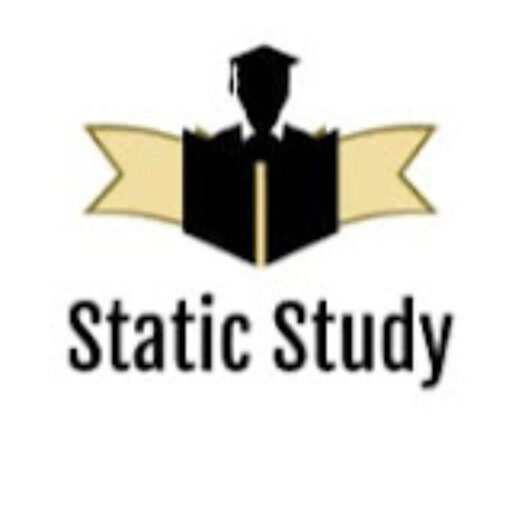SSC BANKING EXAMS
SSC,BANKING EXAMS,ONE DAY EXAM 
SSC,BANKING EXAMS,ONE DAY EXAM Read our notes carefully and provide your feedback to us to any improvement at our website and notes.
For any doubt and more nodes contact us at our contact.
You can also join our youtube channel statics study https:/SSC AND SBI PRACTICE NOTESSSC AND SBI PRACTICE NOTES
/www.youtube.com/@staticstudy5990 and buy the link at end of the page.
Read our notes and improve your knowledge thank you
The Staff Selection Commission (SSC) exam is a national-level recruitment test conducted by the Government of India. It aims to select candidates for various Group B and Group C posts in ministries, departments, and subordinate offices. Established in 1975, SSC plays a pivotal role in recruiting skilled individuals for government jobs.
SSC conducts multiple exams, including:
- SSC CGL (Combined Graduate Level): For graduates seeking positions in government departments.
- SSC CHSL (Combined Higher Secondary Level): For candidates who have completed their higher secondary education.
- SSC MTS (Multi-Tasking Staff): For non-technical posts.
- SSC JE (Junior Engineer): For engineering graduates.
- SSC GD (General Duty): For constable positions.
The exams are known for their rigorous selection process, which includes computer-based tests, descriptive papers, and skill tests. SSC has modernized its methods by introducing online applications and computer-based testing to ensure transparency and efficiency.
Certainly! Here’s a deeper dive into the SSC exams:
Popular SSC Exams and their Details
- SSC CGL (Combined Graduate Level Exam):
- Eligibility: Graduation in any discipline.
- Positions Offered: Auditor, Accountant, Inspector, Assistant Section Officer, etc.
- Selection Process: Tier I (Computer-Based), Tier II (Subject-Specific CBTs), and skill test/document verification.
- SSC CHSL (Combined Higher Secondary Level Exam):
- Eligibility: 10+2 (Higher Secondary) or equivalent.
- Positions Offered: Data Entry Operator (DEO), Lower Division Clerk (LDC), Postal Assistant (PA), etc.
- Selection Process: Tier I (Objective CBT), Tier II (Descriptive), and skill test/document verification.
- SSC MTS (Multi-Tasking Staff Exam):
- Eligibility: 10th Standard (Matriculation).
- Positions Offered: Non-technical posts in Central Government offices.
- Selection Process: Computer-based examination and document verification.
- SSC JE (Junior Engineer Exam):
- Eligibility: Engineering degree/diploma in civil, mechanical, or electrical fields.
- Positions Offered: Junior Engineer posts across various central government departments.
- Selection Process: Computer-Based Test and descriptive paper.
- SSC GD (General Duty Constable Exam):
- Eligibility: 10th Standard (Matriculation).
- Positions Offered: Constable posts in CAPFs, SSF, Rifleman, etc.
- Selection Process: CBT, physical efficiency test, physical standard test, and medical examination.
Exam Preparation Tips
- Understand the syllabus: Each SSC exam has unique sections like General Awareness, Quantitative Aptitude, English, and Reasoning.
- Mock tests: Regular practice builds speed and accuracy, especially for CBTs.
- Focus on weak areas: Use study guides and coaching if needed.
- Time management: Strategize your studies and during the exam.
Why SSC Exams Matter
Passing an SSC exam secures a prestigious government job offering:
- Job security: Stable career with consistent growth.
- Financial benefits: Competitive salary and perks.
- Social status: A position in government offices carries immense respect.
